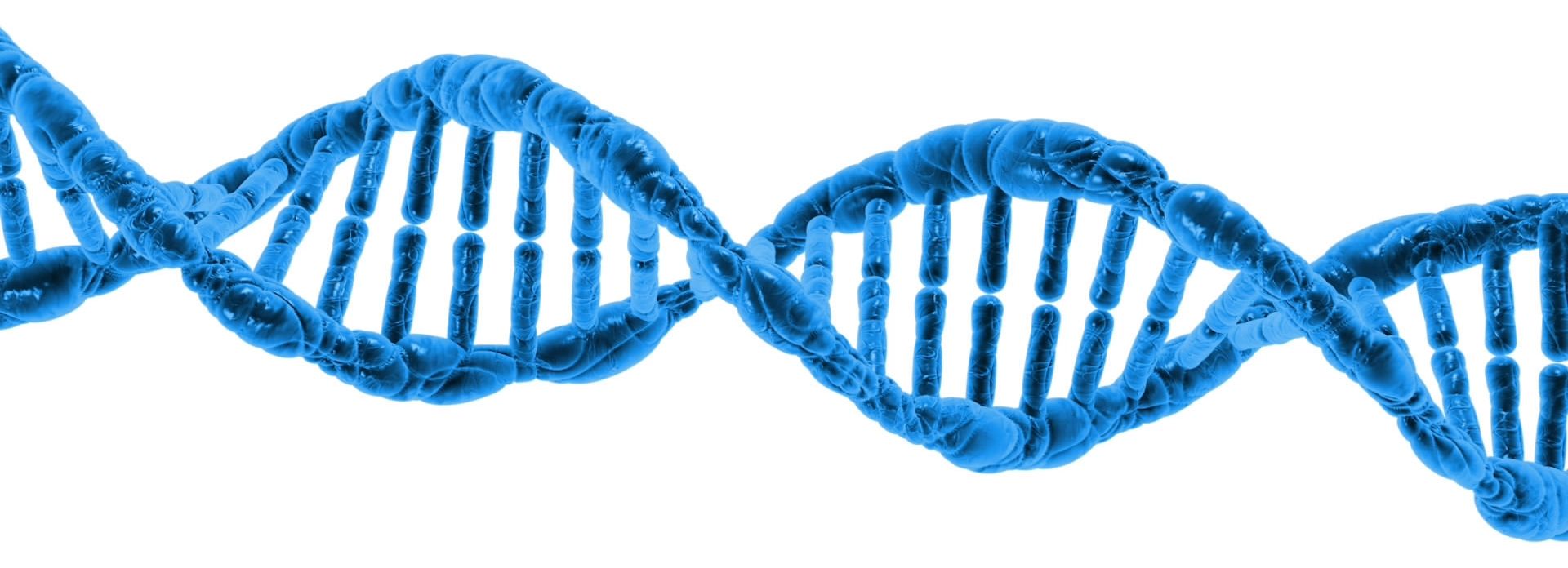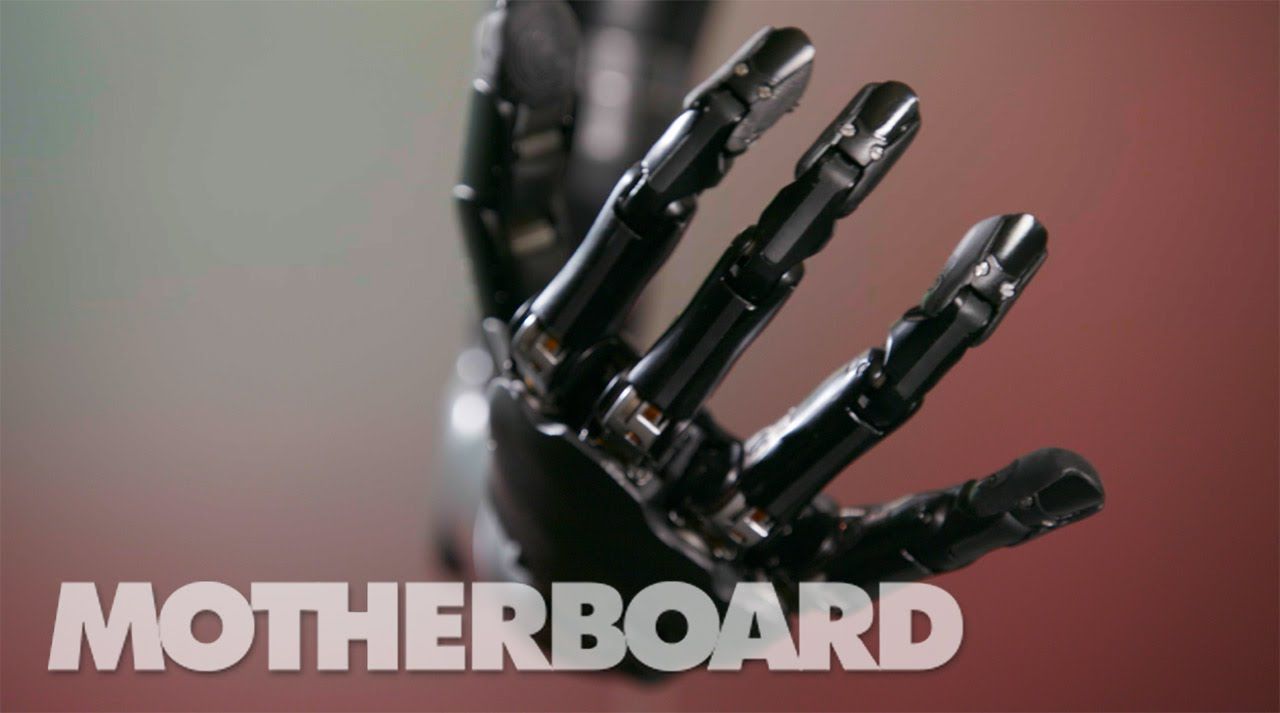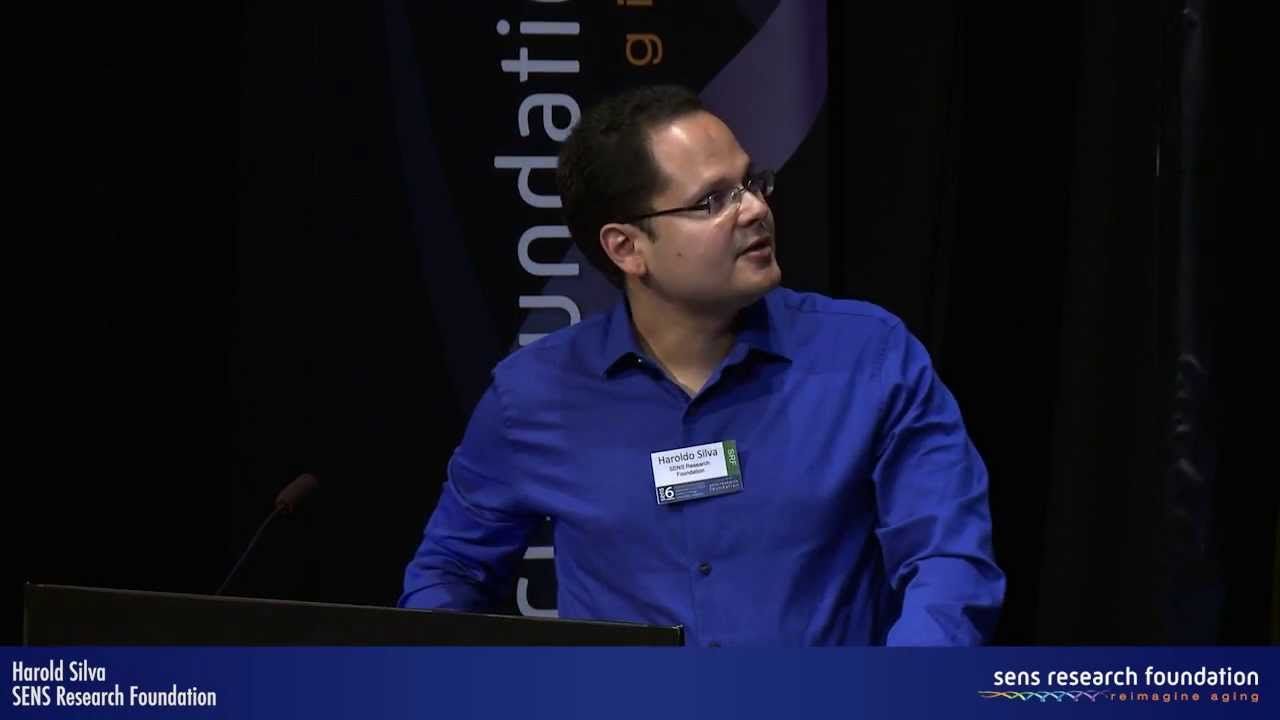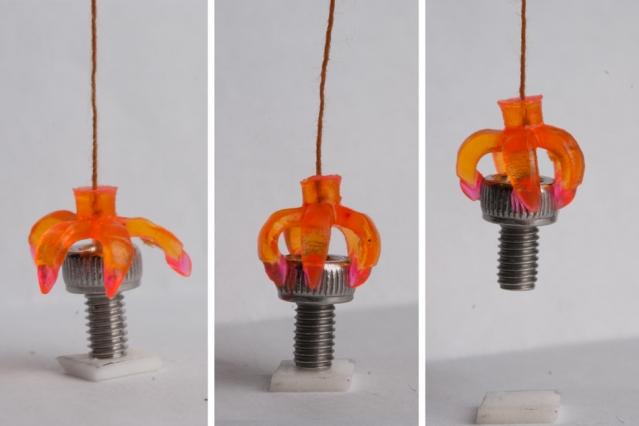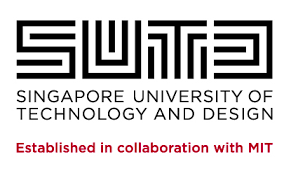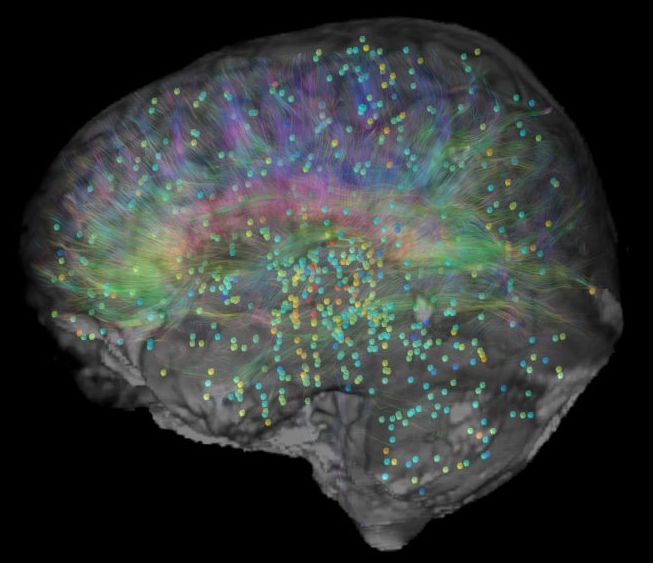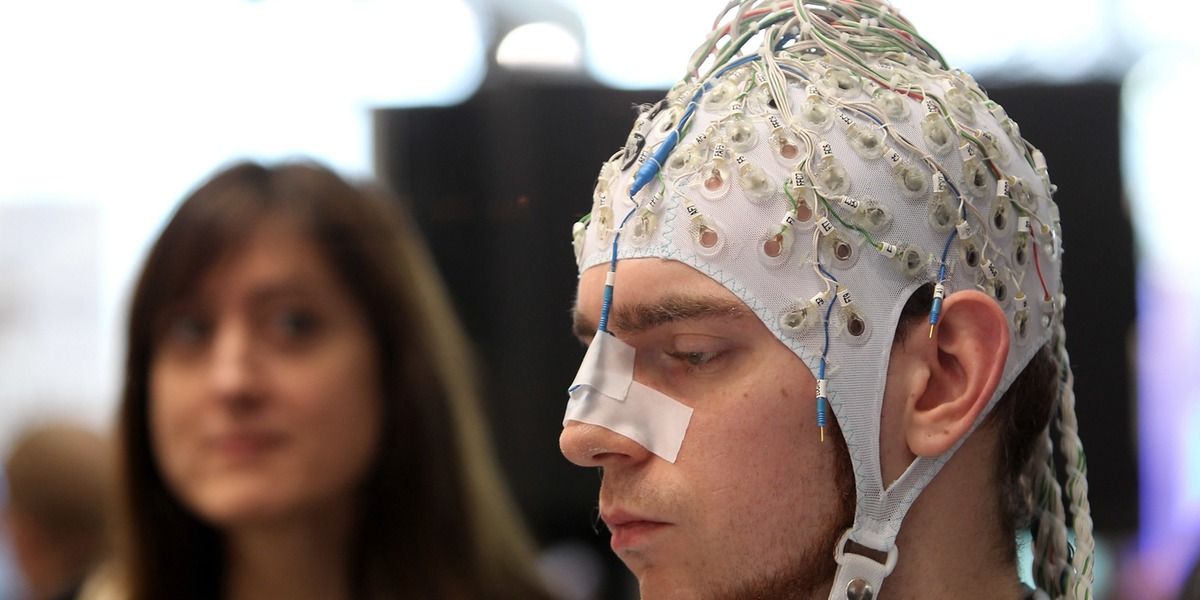Aug 29, 2016
Safer Gene Editing Without Cleaving DNA
Posted by Montie Adkins in categories: bioengineering, biotech/medical, genetics, life extension
It’s an add-on for CRISPR.
Researchers have created a new genome editing technique called Target-AID, which induces point mutations instead of cutting DNA
Gene editing technology has fantastic potential, but there are remaining issues and questions over safety and specificity. The major contender is currently CRISPR-Cas9, but this induces a double stranded break in DNA which is a slightly riskier approach — particularly if it cuts in other locations too that you don’t want it to. Research teams across the world are both optimising and customising the CRISPR system; creating more accurate versions or versions that regulate gene expression as opposed to editing it. One such team has now built an add-on to CRISPR, Target-AID.
Continue reading “Safer Gene Editing Without Cleaving DNA” »
